-
New virus-genome website seeks to make sharing sequences easy and fair
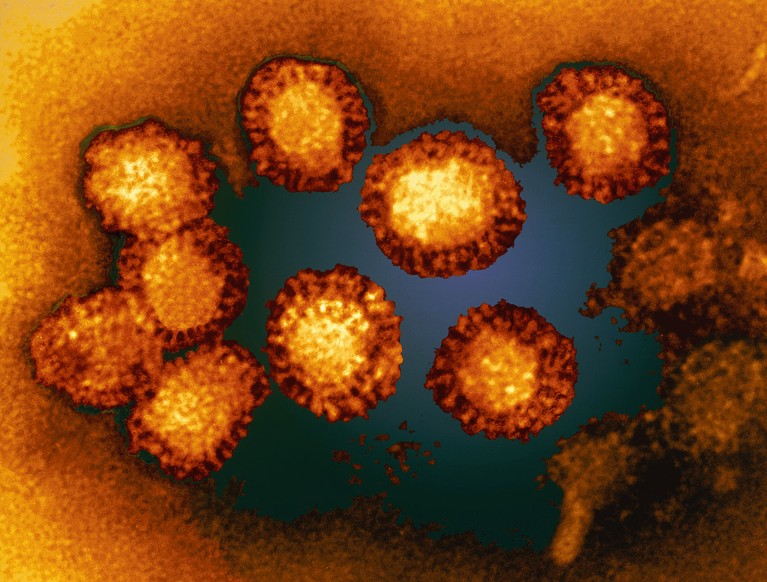
Genome sequences of West Nile virus (pictured) are being uploaded and shared on a new online database. Credit: Dr Linda Stannard, UCT/Science Photo Library A new database for researchers to share the genomes of dangerous viruses promises to solve many of the problems that hamper existing alternatives. But first, researchers must be convinced to use…
-
Quasicrystal metasurface for optical holography and diffraction
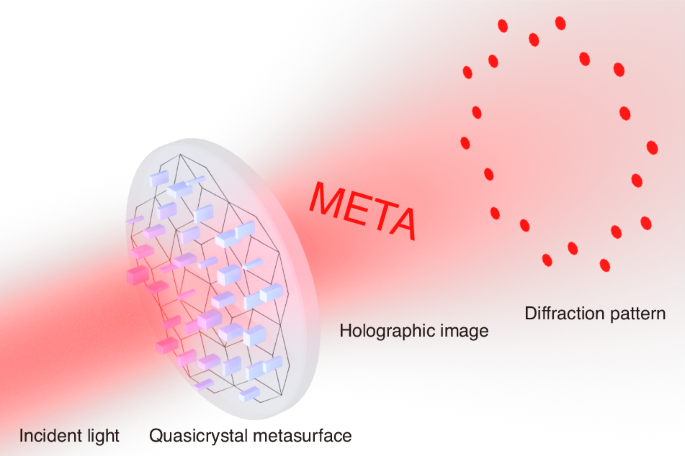
Abstract Quasicrystal metasurfaces, a kind of two-dimensional artificial optical materials with subwavelength meta-atoms arranged in quasi-periodic tiling schemes, have attracted extensive attentions due to their novel optical properties. In a recent work, a dual-functional quasicrystal metasurface, which can be used to simultaneously generate the diffraction pattern and holographic image, is experimentally demonstrated. The proposed method…
-
Security at Science and Natural History museums to ballot for strike action
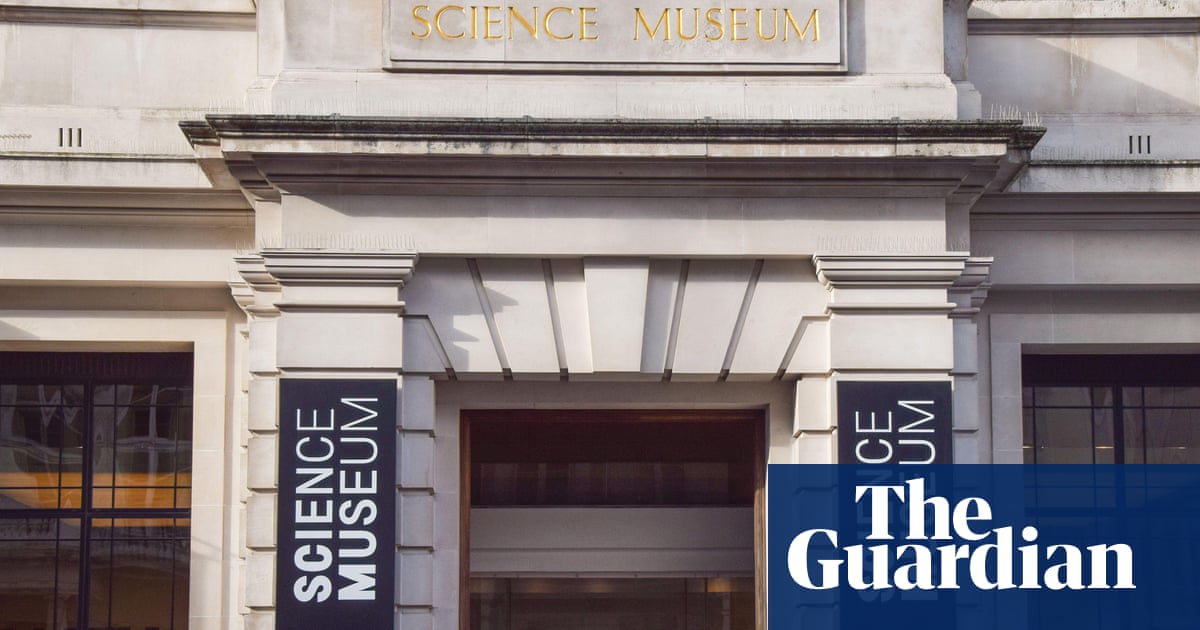
Security guards at two of the UK’s most prestigious museums – the Science and Natural History museums – are balloting for strike action in a dispute over wages. More than 70 guards who, unlike many other museum staff, are not employed in-house but are outsourced to a company called Wilson James, are taking part in…
-
In brief: Odyssey; Good Nature; Listen for the Lie
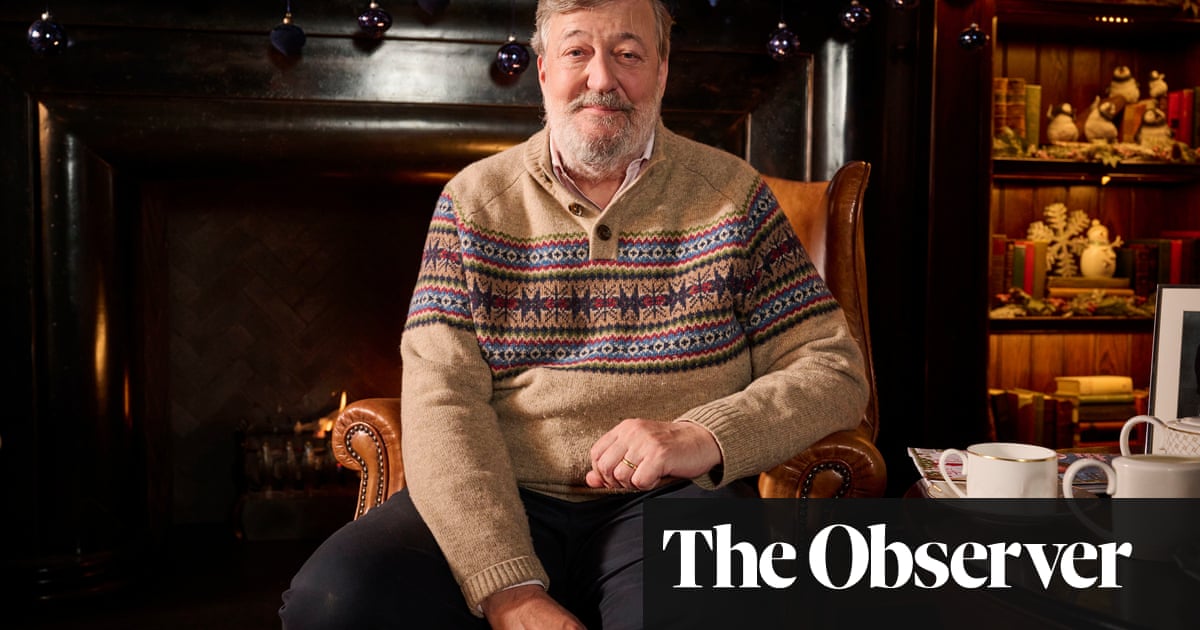
Odyssey Stephen FryMichael Joseph, £25, pp432 The final instalment of Fry’s outstandingly entertaining quartet of books revisiting the Greek myths is every bit as enjoyable as its predecessors. Following Odysseus, Agamemnon, Ajax, Menelaus and Aeneas on their journeys home from Troy, Fry breathes contemporary relevance into these ancient tales. As with his previous titles, he…
-
Brazil’s ban on X: how scientists are coping with the cut-off

A months-long feud between billionaire Elon Musk and Brazilian Supreme Court justice Alexandre de Moraes has led to a ban of the social-media platform X in Brazil.Credit: Andre M Chang/Zuma Press/Shutterstock After the social-media platform X was banned in Brazil last week, scientists in the country began scrambling to find another online forum for posting…
-
Ultrafast near-infrared pyroelectric detector based on inhomogeneous plasmonic metasurface
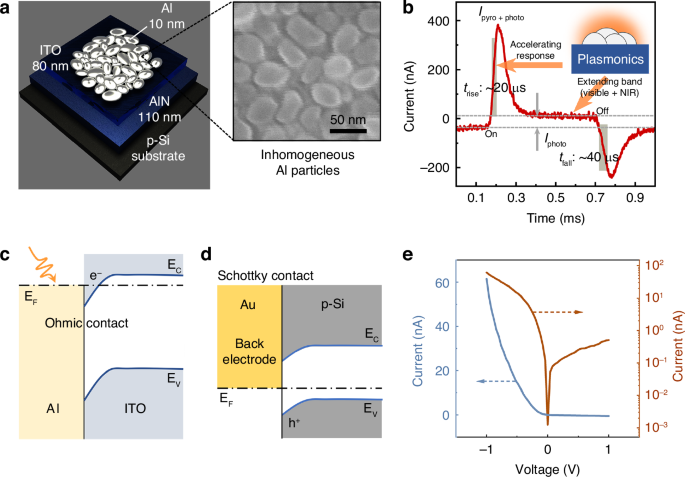
Abstract Pyroelectric (PE) detection technologies have attracted extensive attention due to the cooling-free, bias-free, and broadband properties. However, the PE signals are generated by the continuous energy conversion processes from light, heat, to electricity, normally leading to very slow response speeds. Herein, we design and fabricate a PE detector which shows extremely fast response in…
-
Daily briefing: The Doritos dye that makes mouse tissue transparent
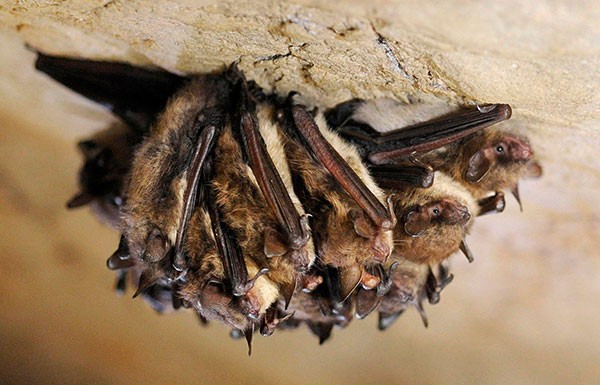
Hello Nature readers, would you like to get this Briefing in your inbox free every day? Sign up here. Little brown bats (Myotis lucifugus) are among those species threatened by white nose syndrome, caused by the fungus Pseudogymnoascus destructans (Credit: Amy Smotherman Burgess/Knoxville News Sentinel via AP/Alamy) Bat loss linked to death of human babies…
-
The circadian clock in enamel development
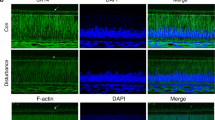
Abstract Circadian rhythms are self-sustaining oscillations within biological systems that play key roles in a diverse multitude of physiological processes. The circadian clock mechanisms in brain and peripheral tissues can oscillate independently or be synchronized/disrupted by external stimuli. Dental enamel is a type of mineralized tissue that forms the exterior surface of the tooth crown.…
-
How to change people’s minds about climate change: what the science says
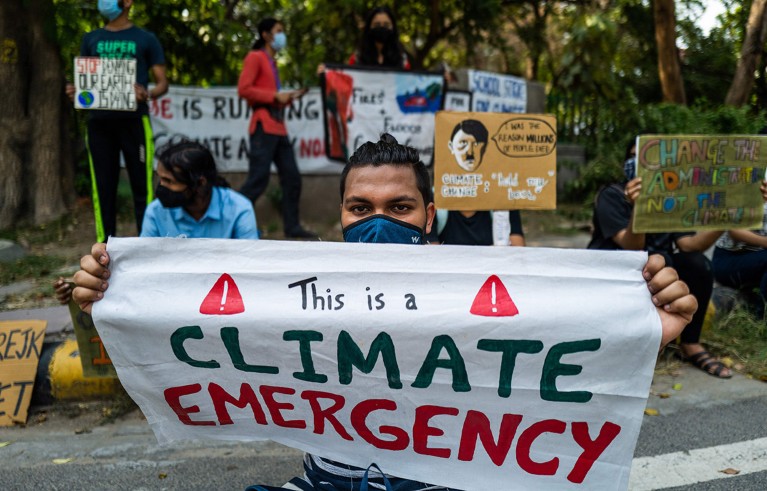
How you deliver climate messaging matters, in terms of changing minds, researchers are finding.Credit: Jewel Samad/AFP via Getty Telling people that scientists almost unanimously agree that human-caused climate change is happening can help to nudge their thinking in that direction. A study published last month in Nature Human Behaviour1, tested this ‘consensus message’ across 27…
-
Nature & Science Museum Doesn’t Track Millions of Items and Specimens, Audit Finds
Audio By Carbonatix [ { “name”: “Air – MediumRectangle – Inline Content – Mobile Display Size”, “component”: “12017618”, “insertPoint”: “2”, “requiredCountToDisplay”: “2”, “watchElement”: “.fdn-content-body”, “astAdList”: [ { “adType”: “rectangle”, “displayTargets”: “mobile” } ] },{ “name”: “Editor Picks”, “component”: “17242653”, “insertPoint”: “4”, “requiredCountToDisplay”: “1”, “watchElement”: “.fdn-content-body”, “astAdList”: [ { “adType”: “rectangle”, “displayTargets”: “desktop|tablet” },{ “adType”: “rectangle”,…